M.Sc Microbiology is a 2-year postgraduate course that deals with specialized study about the several functions of living organisms and their relation to the environment. Students get to study the core functional areas of micronisms and behaviors of microbes such as viruses, bacteria, fungi, algae, etc. Graduates can find a variety of job opportunities after completing M.Sc Microbiology such as Quality Control Executive, Associate Researcher, Academic Lecturer, Microbiological Auditor, Lab Technician, and Clinical Executive.
Microbiology itself being an interdisciplinary approach to academia fosters a diverse range of opportunities for students. To understand ‘What is M.Sc Microbiology?’ and ‘Why Choose M.Sc Microbiology?’ better, we need to answer the following three questions:
After the completion of an M.Sc in Microbiology, a variety of career designations are available for the students of the course. Due to the interdisciplinary approach of the subject, graduates are well-equipped to handle the professional challenges of industries pertaining to both biology and chemistry.
Microbiologist: The role of a microbiologist includes investigating, analyzing, and researching the microscopic tenets of a living organism by collecting sample data from a variety of sources and developing new research findings to enhance medical research. Microbiologists also play a key role in helping develop new medicines and vaccines to tackle new forms of viral transmissions.
|
Semester I |
Semester II |
|
Introduction to Microbes and Prokaryotes |
Structure and Properties of Mono |
|
Morphological Characteristics of Bacteria |
Classification and Structure of Unsaturated Fatty Acids |
|
Distribution, Morphology and Classification |
Isolation Techniques of Microorganisms |
|
Different Cell Morphology |
Classification and Structure of Amino Acids |
|
Intracytoplasmic Inclusions |
Homo and Heterolactic Fermentation |
|
Nutrition and Cultivation |
General Aspects of Amino Acid Classification |
|
Semester III |
Semester IV |
|
Eukaryotic Genome |
Recombinant DNA Technology |
|
Aquatic Microbiology |
Elective III |
|
Isolation Techniques of Microorganisms |
Fermentation Technology |
|
Soil Microbiology |
Pharmaceutical Microbiology |
|
Plasmids and Bacteriophages |
Immune System and Immunity |
|
Elective I |
Proteomics, Bioinformatics and Microbial Genomics |
|
Elective II |
Elective IV |
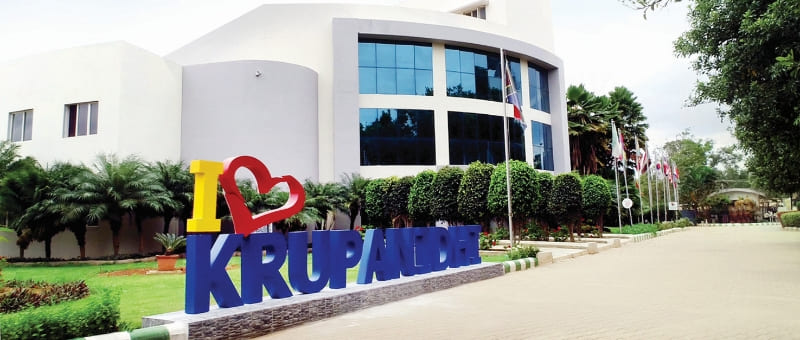
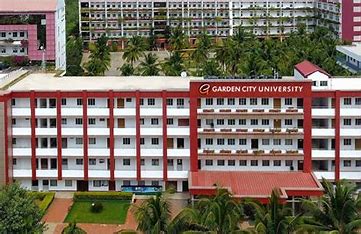
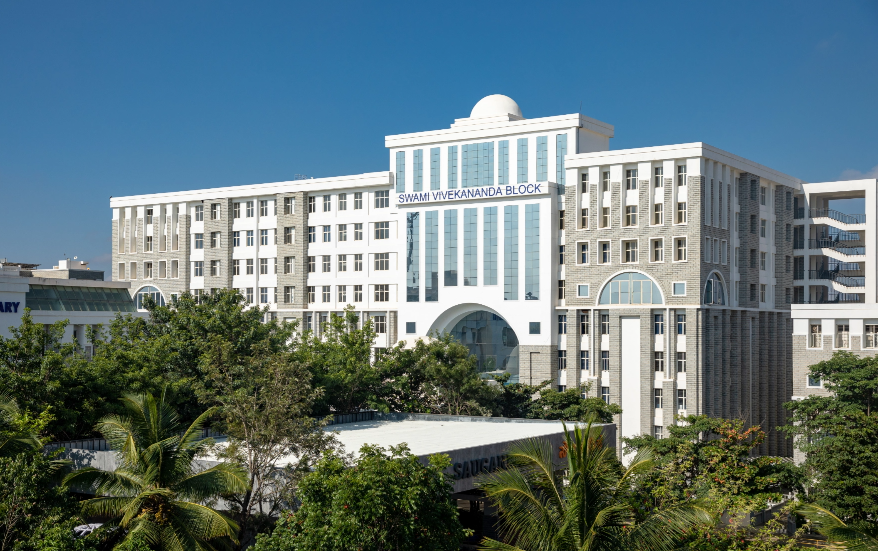
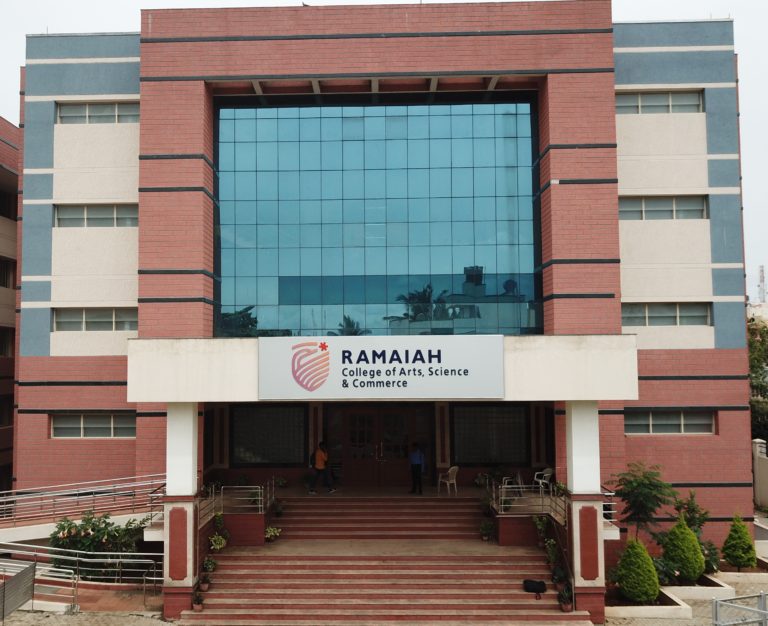
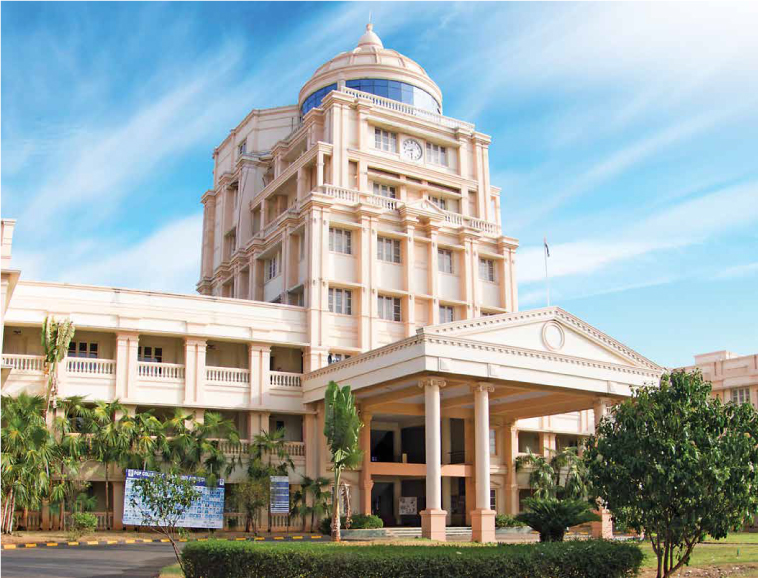


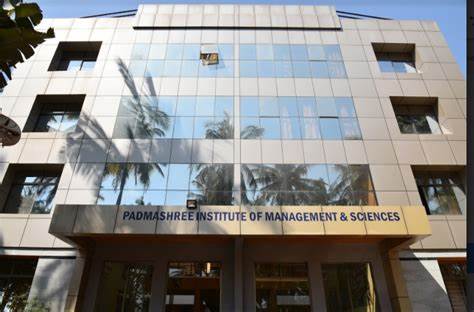
Student Review About Course